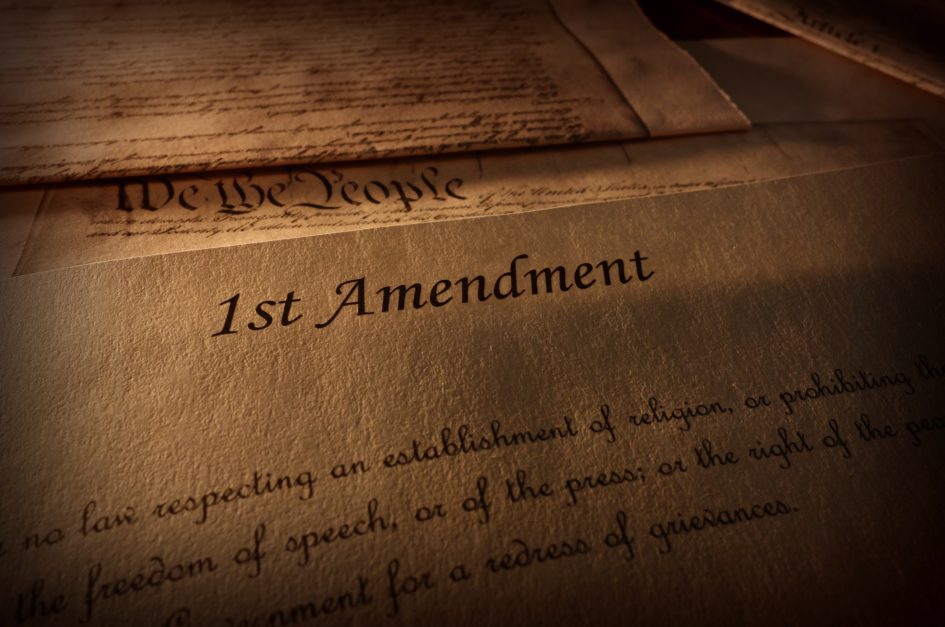In Nieves v. Bartlett, the United States Supreme Court denied permitting an arrestee, Russell Bartlett, a cause of action for retaliatory arrest against the two arresting police officers. Nieves v. Bartlett, 587 U.S. _____, No. 17-1174 (2019).
Bartlett was arrested for disorderly conduct and resisting arrest by Sgt. Nieves and Trooper Weight during Paxson, Alaska’s annual “Arctic Man” festival. The arresting officers stated Bartlett was “highly intoxicated,” yelling and being aggressive at the time of his arrest. “Arctic Man” being, according to the Supreme Court, an annual event known for extreme sports and extreme intoxication attracting some 10,000 people.
At 1:30 a.m. during the last night of the event in 2014, Sgt. Nieves was asking some partygoers to move their beer keg inside their RV because minors were making off with alcohol from the kegger. Bartlett, otherwise uninvolved in the matter, began yelling that the RV owners should not speak with police. Not satisfied with his efforts, Bartlett next confronted Trooper Weight while the Trooper was asking a nearby minor whether he had been drinking. Bartlett imposed himself between the Trooper and the minor, yelling at the Trooper to leave the kid alone.
Pushing and shoving ensued, resulting in the arrest of Bartlett. Importantly, the probable cause for Bartlett’s arrests, according to the officers, was Bartlett’s interference with an investigation and physical confrontation with Trooper Weight.
The criminal charges against Bartlett were ultimately dismissed, but Bartlett claimed his arrest violated his First Amendment right of free speech. Following the dismissal in the trial court, the matter was considered by the Ninth Circuit Court on appeal.
On appeal, the Ninth Circuit reinstated Bartlett’s claim, finding that he could present evidence that his arrest was in retaliation for his statements earlier that night. According to the Ninth Circuit, Bartlett need only show 1) that the officers’ conduct would chill a person of ordinary firmness from future free speech activity, and 2) that Bartlett could present evidence to prove that the officers’ desire to chill his speech was a “but-for cause” of his arrest.
In overturning the Ninth Circuit, the U.S. Supreme Court ruled that to prevail, Bartlett must establish a causal connection between the officers’ retaliatory animus and his subsequent injury. The Court stated it is not enough to show a retaliatory motive by the officers, but that this motive must cause the injury.
The Supreme Court also acknowledged the complex nature of protected speech for officers making split-second judgments regarding arrests. Because Sgt. Nieves and Trooper Weight perceived that Bartlett was a threat based on the content and tone of his speech, his combative posture and apparent intoxication, the “but-for cause” standard was not met. Bartlett’s exercise of free speech was not the reason for his arrest.
The Supreme Court also stated that whether an arrest was reasonable is based on whether, under the circumstances when viewed objectively, the arrest was justified. The subjective approach urged by Bartlett, i.e. examining the alleged mental state of the arresting officers, would undermine this reasonable objective standard.
In its ruling, the Supreme Court set the standard for probable cause in making arrests. If an arresting officer has an objectively reasonable cause to arrest, a claim by the arrestee of free speech violations is insufficient to establish a retaliatory arrest case against the officer. The reason for the arrest must be based on all of the circumstances, not merely one cause for the arrest. An allegation of free speech violations, standing alone, is not enough to hold an arresting officer liable for damages.
